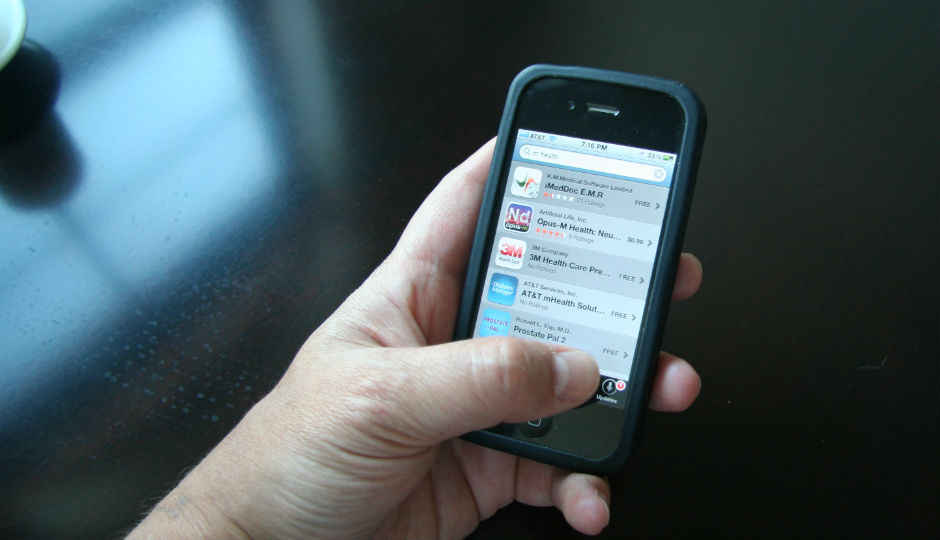Researchers develop boredom-sensing algorithm for smartphones

The algorithm studies phone usage pattern, and predicts when one is getting bored; reveals almost 83% accuracy
A group of researchers at Telefonica Research, Barcelona have developed an algorithm using which a smartphone will be able to sense whether a user is getting bored. Tests and usage have found the algorithm's predictions to be almost 83% accurate. The algorithm looks for mobile activities of the user to make a prediction. Some of the activities that are taken into account are time of the day, time elapsed since last call/text, and intensity of phone usage.
To get started, the group used an Android app to survey and rate levels of boredom among users at multiple times of the day. It was done for two weeks, which helped the researchers know identify boredom indicators. This data was then compared with the data collected about phone usage. It helped them discover that the use of apps increased, as people began getting more bored. For testing the algorithm, researchers sent an alert for reading a Buzzfeed article to users, and discovered that the people who were predicted by the app to be bored opened it more, in comparison to those who were not.
Tilman Dingler, co-author of the paper on the boredom-sensing algorithm, said that they now want to know the type of content people would be interested in seeing the most, when they get bored. The group is going to present its study at the UbiComp 2015, at Osaka, Japan, beginning on September 7th.




